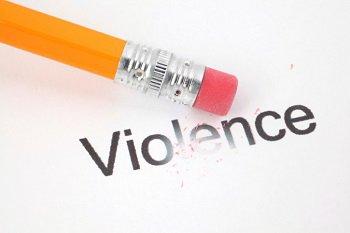Orders of Protection in Illinois
Posted on October 29, 2013 in Divorce
Illinois lawmakers take domestic violence very seriously. They recognize that domestic violence is a crime that causes disharmony in families, emotionally unstable environments, and promotes a cycle of escalating violence in the home. Therefore, legislators enacted the Illinois Domestic Violence Act to protect victims of domestic abuse and help to stop the pattern of violence in Illinois homes.
 Within the definition of domestic violence, the law includes:
Within the definition of domestic violence, the law includes:
-
Physical abuse, confinement, or restraint
-
Sexual abuse
-
Repeated, purposeful and unnecessary deprivation of sleep, medical care, food, shelter, or other necessities
-
Threats of imminent physical harm and general intimidation
-
Harassment, which includes creating disturbances around you, repeatedly calling, following, or watching you, and making threats to you or your child.
-
Using force, threats, or deprivation to interfere with your personal liberties and rights
If you believe you are the victim of any of these domestic violence behaviors, Illinois law provides options to help protect you from further harm. Perhaps the most important option is called an order of protection. There are several types of orders of protection in Illinois, the first of which is an emergency order. This type of order can be granted based solely on your testimony and a judge can grant it without even notifying the abuser if the abuser would retaliate against you if he/she knew you had applied for the order. You can file for an emergency order on weekends or even holidays and will last up to 21 days.
If the emergency order expires before you have a full hearing for a long-term order, you can file for an interim order of protection. This type of order does not require a full hearing, though the abuser or his/her attorney must have either been notified of an impending hearing date or must have appeared before the judge. An interim order lasts up to 30 days and is meant to protect you between the expiration of an emergency order and the date of your hearing. At your full hearing, both you and your abuser may present evidence. If you are granted a plenary order, it will last up to two years and can be renewed multiple times. If for some reason you are not granted an order, there are many local and state programs that can help you stay safe.
Being the victim of domestic abuse can be frightening and emotionally and mentally harrowing. An Illinois family law attorney can help you file for a domestic violence order to hopefully keep you and your children safe from any future harm. Do not hesitate to contact The Law Offices of Douglas B. Warlick & Associates for help today.








